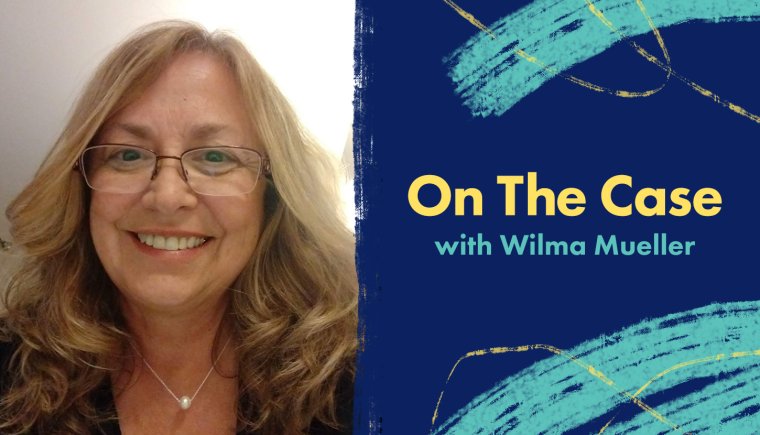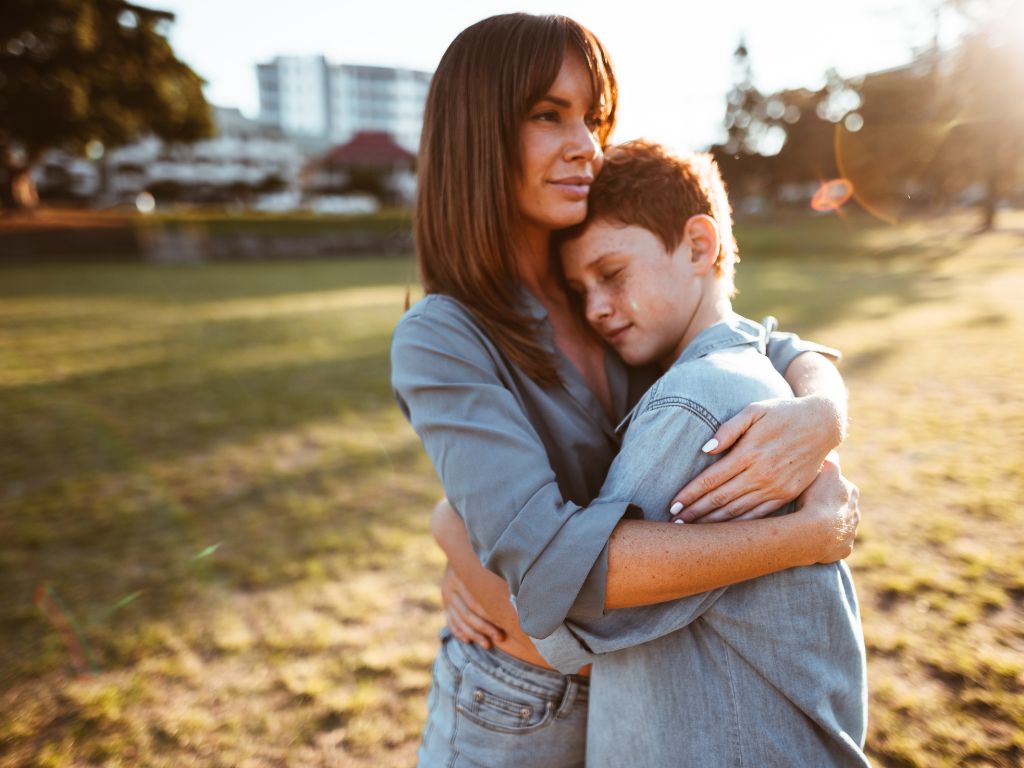On the Case: La Plata County Caseworker Champions Tailored Approach for Families

Wilma Mueller understands the stress that adverse experiences can put on parents and families. Some of her life experiences in young adulthood, including the loss of a child and domestic violence, contributed to her career choice of supporting families through social work.
“Although I don’t share my direct experiences with clients, I let them know that I’ve experienced challenging life events, too,” said Wilma. “It helps build trust when they know that I get it.”
Originally from Kansas, Wilma started her career in social work in 2003 after she graduated from Bethel College. She worked for the State of Kansas for almost eight years in two different offices, and her roles included conducting assessments, making referrals for families who needed additional support and testifying in court.
While she was in her second role for the State of Kansas, Wilma also became certified to conduct forensic interviews, typically utilized to interview and support victims of alleged sexual abuse. In addition to the desire to help families, Wilma always had the desire to work in law enforcement. An opportunity presented itself so she applied for and was hired as a detective for the Marion County Sheriff’s Office in Marion, Kansas. Since it was a small department, Wilma worked on a variety of law enforcement issues including car accidents, injuries, burglaries, child safety and more. Her role as a detective was enhanced by her social work experience and training.
In 2017, Wilma and her family decided to relocate to Colorado to be closer to one of her sons and his family. She was hired by Southern Ute Indian Tribe Human Services where she conducted adult and family assessments, investigations for abuse and neglect and supported family referrals and adult guardianship cases. In December 2018, Wilma joined the La Plata County Department of Human Services as a caseworker and was promoted to Caseworker III in December 2022.
“My job as an ongoing caseworker is to help the parents as well as the children,” explained Wilma. “When kids come out of the home, parents need services that will help them become safer and more prudent parents.”
Wilma is an advocate for a practice called Differential Response (DR), which is a common approach in La Plata County and throughout Colorado. “DR looks at every possibility besides removal from the home that still keeps a child safe,” said Wilma. Wilma and the county have seen a high rate of success with this type of practice which empowers caseworkers to be more creative with the treatment plans they develop for families. Wilma finds that families feel respected and heard with this approach.
“It’s not a cookie-cutter treatment plan or a list of tasks for families to complete,” said Wilma. “Instead, we tailor the approach to focus more on what the family needs to address the specific challenges that brought their child into custody. All parents’ life experiences and needs are different.”
Wilma’s relationships with families are built on empathy, compassion and accountability. “Wilma is highly relational in her casework practice, and several families have commented to their teams about feeling supported by Wilma,” said Courtney Ray, Wilma’s supervisor at La Plata County Department of Human Services. “Wilma is able to connect with the humanity of each of her clients, and this helps her have the tough conversations. She is a champion for DR practice, staying laser-focused on safety and treating her clients as people with worth.”
After almost 20 years in the social work profession, combined with her years in law enforcement, Wilma’s supervisor and her team all agree she is a tremendous role model for the upcoming generation of social workers within child welfare.
“We often want to meet families where they’re at, but unless you’ve actually walked in their shoes, you can’t understand where they’re at. And families know that,” said Wilma. “Which is why I approach families with a very open heart and mind. I let them know they’re not bad parents just because they’ve struggled and that we’ll work together to figure out how to get through it.”
More Posts







